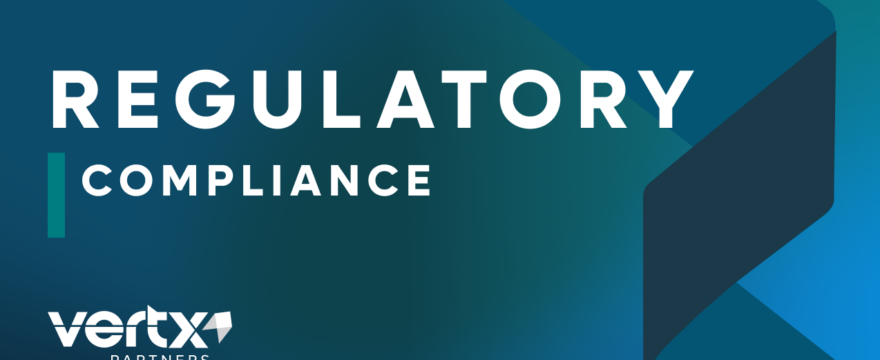Complying with SBIR/STTR rules and regulations is critical to federal contracting. Here’s how to dot your i’s and cross your t’s during SBIR/STTR contracts.

The Small Business Innovation Research (SBIR) and Small Business Technology Transfer (STTR) programs provide valuable opportunities for businesses to advance their innovative technologies through government funding. This article will explore SBIR/STTR rules and regulations in more detail by providing tips for business owners seeking to comply with them.
Here is a checklist of ten items to be aware of in your SBIR/STTR dealings that will help ensure your business complies with federal regulations:
1. Understanding Federal Acquisition Regulation (FAR) Compliance:
One of the foundational aspects of SBIR/STTR regulatory compliance is adherence to the Federal Acquisition Regulation (FAR). This extensive set of rules governs the federal acquisition process and includes requirements related to contract terms, cost accounting standards, and other federal regulations. Business owners must familiarize themselves with FAR to ensure compliance throughout the SBIR/STTR process.
2. Navigating The Defense Federal Acquisition Regulation Supplement (DFARS):
Compliance with the Defense Federal Acquisition Regulation Supplement (DFARS) is essential for businesses involved in defense-related projects. DFARS outlines specific regulations and requirements related to defense contracts, and adherence is vital for maintaining eligibility and successful execution of SBIR/STTR projects.
3. Export Control Regulations:
The nature of the technology developed in SBIR/STTR projects may trigger compliance with export control regulations such as the International Traffic in Arms Regulations (ITAR) or the Export Administration Regulations (EAR). Understanding and complying with these regulations is vital to avoid legal issues related to exporting certain technologies and goods to foreign countries.
4. Small Business Size Standards:
Maintaining small business status is a key consideration for compliance. Small businesses participating in SBIR/STTR Phases I & II projects must ensure they meet the size standards the Small Business Administration (SBA) sets. The SBA usually defines small businesses as employing <500 employees. Failure to meet these standards could impact eligibility for certain contracts and opportunities.
There is no size standard for Phase III projects.
5. Defense Contract Audit Agency (DCAA) Audits:
The Defense Contract Audit Agency (DCAA) may conduct audits to review a company’s accounting, financial, and procurement practices. Ensuring that your business is prepared for and can successfully navigate DCAA audits is crucial for SBIR/STTR compliance. Click here to read our guide on DCAA compliance.
6. Quality Assurance & Testing Standards:
Compliance with quality assurance and testing standards, such as International Standards Organization (ISO) standards or industry-specific regulations, is another factor to consider. Adhering to these standards ensures the quality and reliability of the products or services developed in SBIR/STTR projects, contributing to overall compliance and customer satisfaction. These standards will vary based on the type of product your business is developing.
7. Environmental & Safety Regulations:
For projects with environmental or safety implications, compliance with federal, state, and local regulations related to environmental protection, workplace safety, and hazardous materials handling is essential. Understanding and meeting these requirements mitigates risks and contributes to responsible business practices.
8. Intellectual Property Rights:
Managing and protecting intellectual property (IP) rights is critical to SBIR/STTR compliance. Clear IP ownership and licensing agreements and strategies for protecting patents, copyrights, and trade secrets are essential for successful commercialization. Technology Transfer Offices (TTOs) typically assist businesses in IP management.
For more information about SBIR/STTR IP and patents, check out this official resource from sbir.gov.
9. Labor & Employment Laws:
Compliance with labor and employment laws is crucial for maintaining a positive and ethical work environment. Adhering to wage and hour regulations, equal opportunity employment, and affirmative action requirements ensures legal compliance and ethical business practices.
10. Government Reporting & Compliance Obligations:
Businesses engaged in SBIR/STTR projects must meet various reporting requirements, including progress reports, financial reports, and other documentation specified in the contract. Timely and accurate reporting is critical for maintaining compliance and fostering positive relationships with government agencies. Reporting requirements are specified via Contract Deliverable Requirements Lists (CDRLs), which are derived from Data Item Descriptions. Each contract has its own reporting requirements as specified by the program.
Your project’s Principal Investigator (PI) is usually responsible for managing this task.
How Vertx Can Assist You
Navigating SBIR/STTR rules and regulations successfully is integral to the overall success of SBIR/STTR projects. Business owners must proactively engage with the regulatory landscape, understand their projects’ specific requirements, and develop robust strategies to ensure compliance.
This checklist is just the beginning. Regulatory compliance is a complicated affair, but that’s where the trained experts at Vertx come in.
If you have questions about the items on this list, reach out to the Vertx Partners team today. Our team is composed of industry insiders equipped with the expertise to consult your business through its SBIR/STTR journey.
